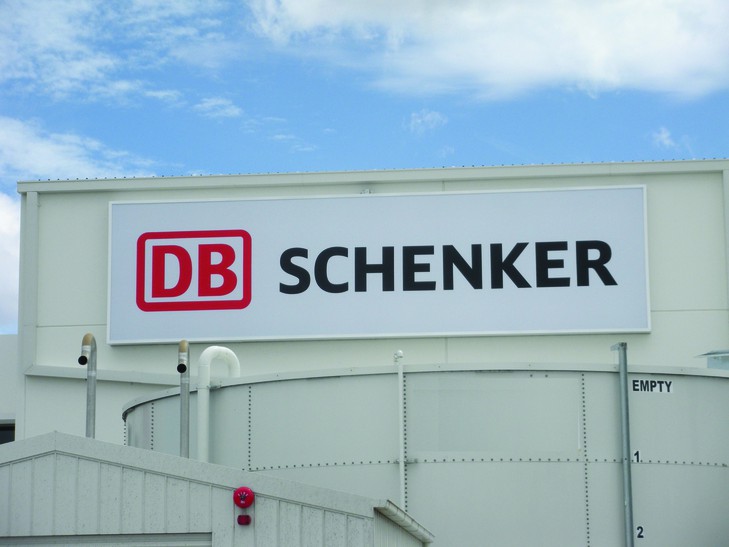FedEx has provided more details on its decision to retire freighters early, while also providing an update on its proposed takeover of TNT Express and saying that it will continue on the acquisition trail.
Speaking shortly after the announcement of its fiscal year fourth quarter results, the US express giant said its decision to retire 15 aircraft and 21 related engines and also adjust the retirement schedule of an additional 23 airframes and 57 engines was part of a profit improvement plan.
FedEx chairman, president and chief executive officer Frederick Smith said: “We’re getting rid of very inefficient fuel burning aircraft of high maintenance to a newer fleet, better maintenance, better reliability, better fuel efficiency.
“So we’re balancing our fleet in the US and around the world and that’s part of our profit improvement plan.
“We need to buy [to modernise the fleet] 12, 15 airplanes a year and we continue to do that and you can count on us continuing to that because they are aluminum, they oxidize, they wear out and the new models fortunately burn a lot less fuel and are much more reliable.
“One of the reasons that the fleet can go down is that we don’t need as many spares with the new technology airplanes as we did with the old ones.
FedEx Express president and chief executive David Bronczek said the planes that were to be retired were “basically parked in the desert”.
“They were in engine repair that was going to be too expensive to bring back,” Bronczek said.
The company also said it hoped to complete the acquisition of TNT earlier than expected, although no new time line was provided.
In May, it predicted it would take a year for the purchase to gain regulatory clearance.
Executive vice president, general counsel and secretary Christine Richards said: “We’re doing a tremendous job. We are preparing to submit our initial offering documents as required by Dutch law by the end of this month.
“And we are well underway with the preparation of the necessary filings with competition authorities.
“We have been in consultation with European Competition Commission and continue to believe FedEx and TNT operations are highly complementary in Europe and we do not believe that the transaction faces any competition issues for the commission.
“So we’re in good shape. We’re going to try to get this done as quickly as we can.”
FedEx said it would also continue to be “aggressive in the acquisition space” over the coming years.
“As to any specifics about any specific space,” said executive vice president and chief financial officer Alan Graf. “I will just say that depends on the fit, the culture, the price and all three of those things are vital.”
Source : http://www.aircargonews.net/news/airlines/single-view/news/fedex-updates-on-freighter-retirements-and-tnt-acquisition.html





.jpg)





